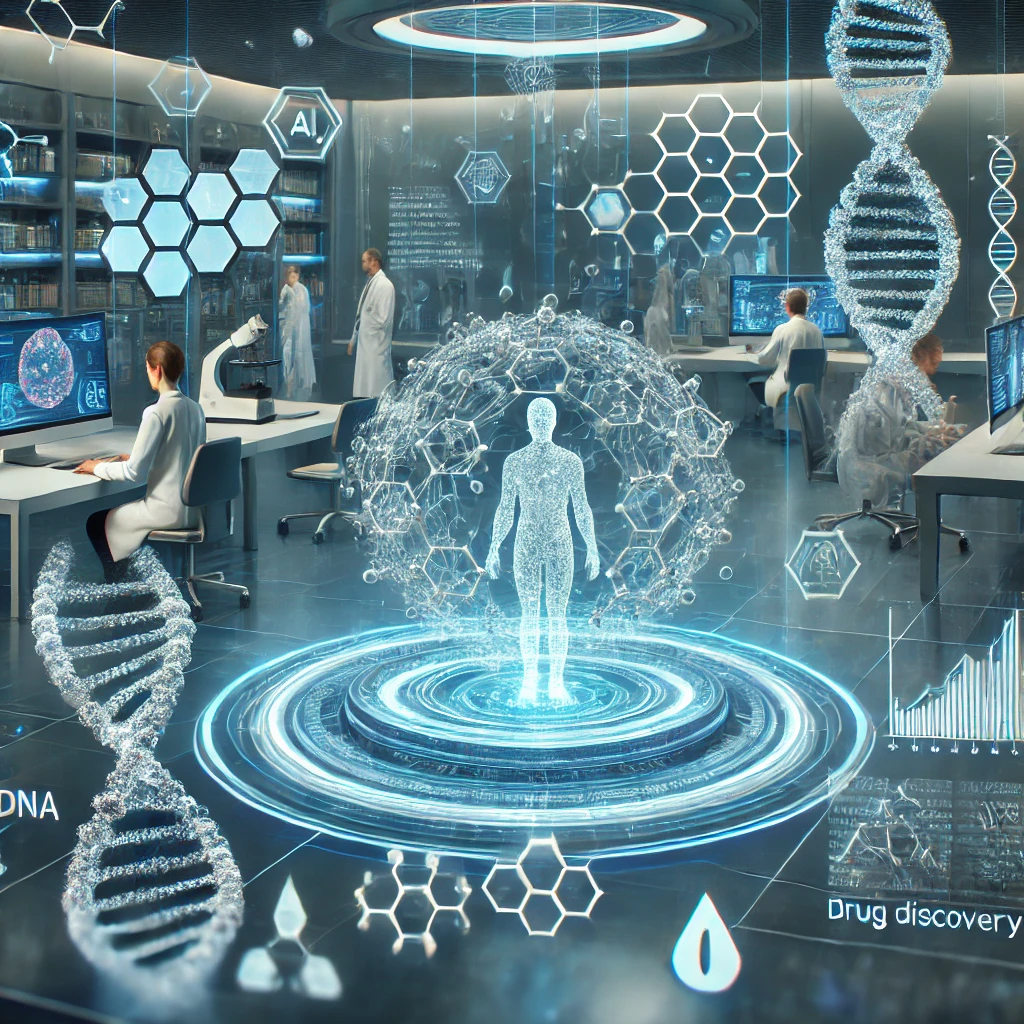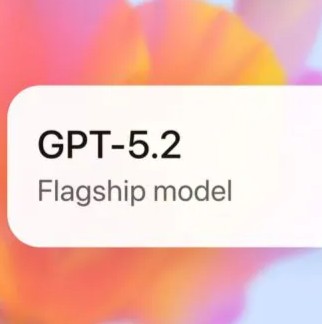Chai Discovery’s AI Breakthrough in Drug Development
Artificial Intelligence (AI) continues to make revolutionary strides across industries, and the healthcare sector is no exception. Chai Discovery, a cutting-edge biotech startup, recently announced a significant breakthrough with its AI model Chai-1, poised to transform the landscape of drug discovery. Founded by former researchers from OpenAI and Meta, Chai Discovery has already gained significant attention, securing nearly $30 million in funding from investors, including support from Thrive Capital and OpenAI.
On September 9, 2024, Chai Discovery launched Chai-1, an advanced AI model designed to predict the molecular structure of biochemical compounds. The ability to accurately model these structures is essential in developing new drugs and treatments. According to the company, the model outperforms some of the top AI models in the world, including Google DeepMind's AlphaFold, setting a new benchmark in the biotech industry.
What is Chai-1: AI in Molecular Structure Prediction
The core of Chai Discovery’s innovation lies in Chai-1, its AI-powered model developed to predict the structure of various biochemical molecules. This includes proteins, DNA, RNA, and small molecules, which are key components in drug research. The AI model’s ability to predict these structures more accurately and faster than current models is a major leap forward for drug development and biotechnology.
According to Chai Discovery, Chai-1 has been developed to tackle complex tasks, such as predicting how proteins and small molecules interact—a critical factor in understanding how drugs behave within the body. By outperforming AlphaFold, which was considered the most advanced model for protein prediction, Chai-1 demonstrates AI’s accelerating impact on biomedical research.
One of the standout features of Chai-1 is its ability to function without relying on Multiple Sequence Alignments (MSAs), which are typically used in other models like AlphaFold. This makes Chai-1 more versatile and applicable in real-world research where complete datasets may not always be available.
Open-Source and Free Access: Fostering Research and Innovation
Chai Discovery’s decision to make Chai-1 open-source is a game-changer for the field of AI-driven drug discovery. The company is providing free access to the model through a web interface for non-commercial use, encouraging developers, researchers, and academics to build on this technology. By sharing the model’s code and tools, Chai Discovery aims to foster collaborative research, making it easier for the scientific community to accelerate drug discovery efforts.
This open-access approach will not only democratize AI tools but also ensure rapid advancements in biotechnology and pharmaceutical research. The company has published its findings and the technical specifications of Chai-1 in a comprehensive Chai-1 Technical Report, providing detailed insights into its performance across various benchmarks.
Real-World Applications and Performance
Chai-1’s ability to accurately predict biochemical interactions makes it highly useful in real-world applications where researchers often work with incomplete data. For instance, the model’s capacity to handle raw molecular data and experimental findings without the need for MSAs gives it a distinct edge over other AI models.
According to Chai Discovery’s technical report, Chai-1 excels in predicting protein-ligand interactions, a critical aspect in drug design. The model’s high level of precision allows it to be used in a variety of research contexts, including studying the interactions of chemical modifications, DNA, RNA, and small molecules. This versatility paves the way for breakthroughs in creating new therapies and medical treatments, potentially accelerating the timeline for drug discovery from years to months.
Chai-1’s multitasking ability is another highlight. The model can handle different biochemical tasks, such as predicting interactions between multiple proteins or even different molecular structures, making it highly adaptable in pharmaceutical research. Researchers believe that the wide range of inputs Chai-1 can handle, such as molecular sequences and experimental findings, will significantly advance drug discovery efforts, particularly in cases where data is scarce.
Outperforming AlphaFold: What Sets Chai-1 Apart?
For years, Google DeepMind’s AlphaFold has been heralded as a groundbreaking tool for predicting protein structures, but Chai-1 has managed to surpass AlphaFold in several key areas. Specifically, Chai-1 demonstrates superior performance in predicting protein-ligand and protein-small molecule interactions, crucial in understanding how drugs will interact with biological systems.
The real-world impact of this is profound—by improving the accuracy and speed of these predictions, Chai-1 enables faster iterations in drug research and development, leading to the discovery of more effective treatments in a shorter time frame.
AI and the Future of Drug Discovery
The launch of Chai-1 signifies a broader trend in AI-driven drug discovery, where biotech companies and AI startups are joining forces to accelerate breakthroughs in medicine. As AI models become more sophisticated, the potential for AI in pharmaceuticals is growing exponentially. AI-driven molecular structure prediction could lead to faster clinical trials, better drug efficacy, and even personalized medicine tailored to individual genetic profiles.
While AlphaFold set the stage for AI applications in biotechnology, Chai-1 represents the next step in this evolution. Its ability to handle complex biochemical data without relying on complete information makes it an invaluable tool in drug development. Moreover, Chai-1’s open-source nature opens up new possibilities for collaboration, innovation, and scientific discovery across the globe.
Conclusion: A New Era of Drug Discovery with AI
As AI continues to advance, its application in drug discovery is becoming indispensable. Chai Discovery’s Chai-1 model is a testament to the rapid progress being made in the field, and it serves as a beacon for the future of AI in healthcare. By offering faster, more accurate predictions of molecular structures and interactions, Chai-1 is setting new standards for the pharmaceutical industry.
With the backing of AI giants like OpenAI and support from venture capital, Chai Discovery is well-positioned to lead the charge in transforming biomedical research. As the world faces ongoing challenges in developing new treatments, AI models like Chai-1 could be the key to unlocking a faster, more efficient path to cures.
The era of AI-driven drug discovery has arrived, and with it comes the promise of significant advancements in how we understand and treat disease.
Source: The Indian Express / Chat GPT








